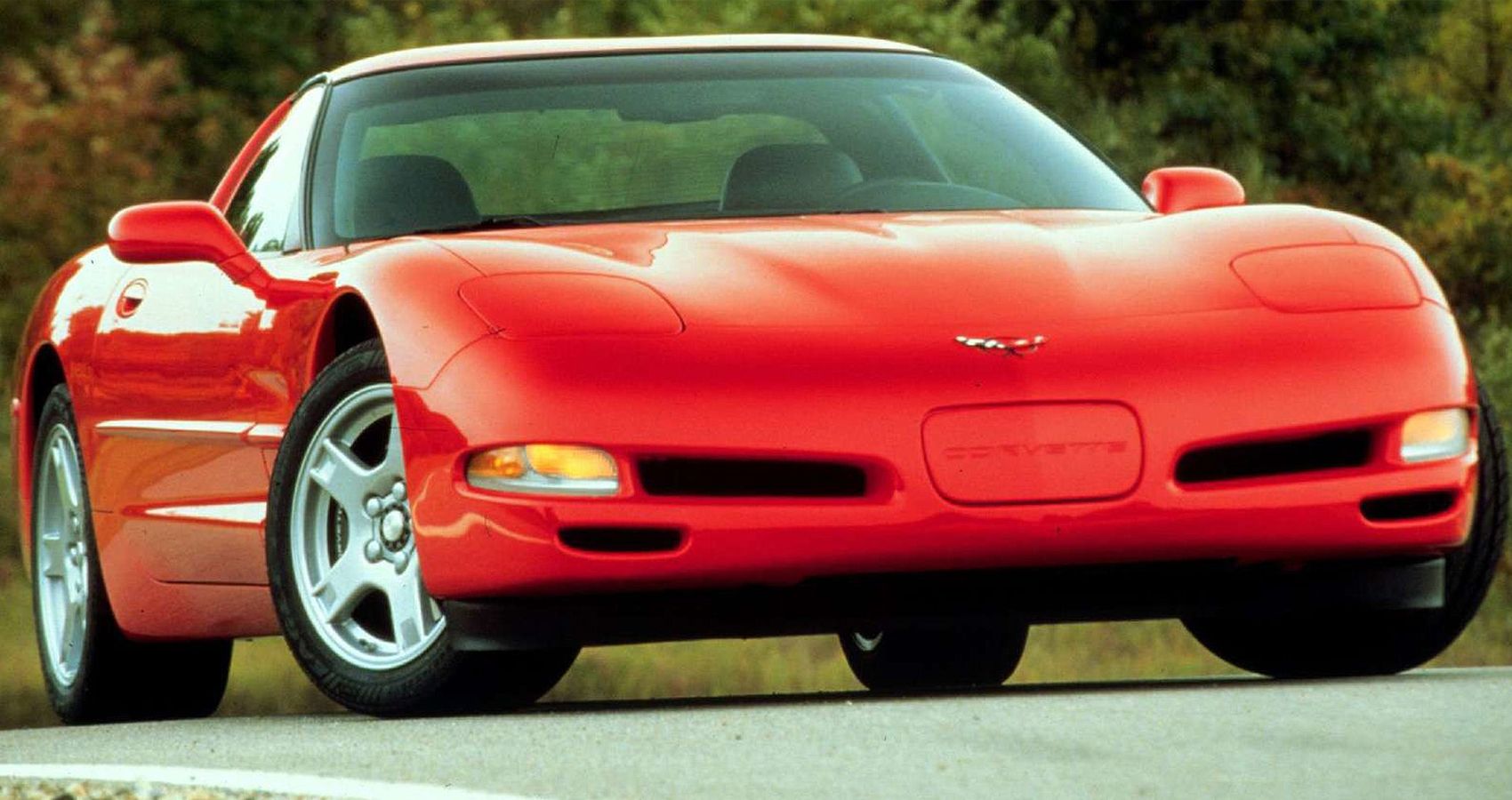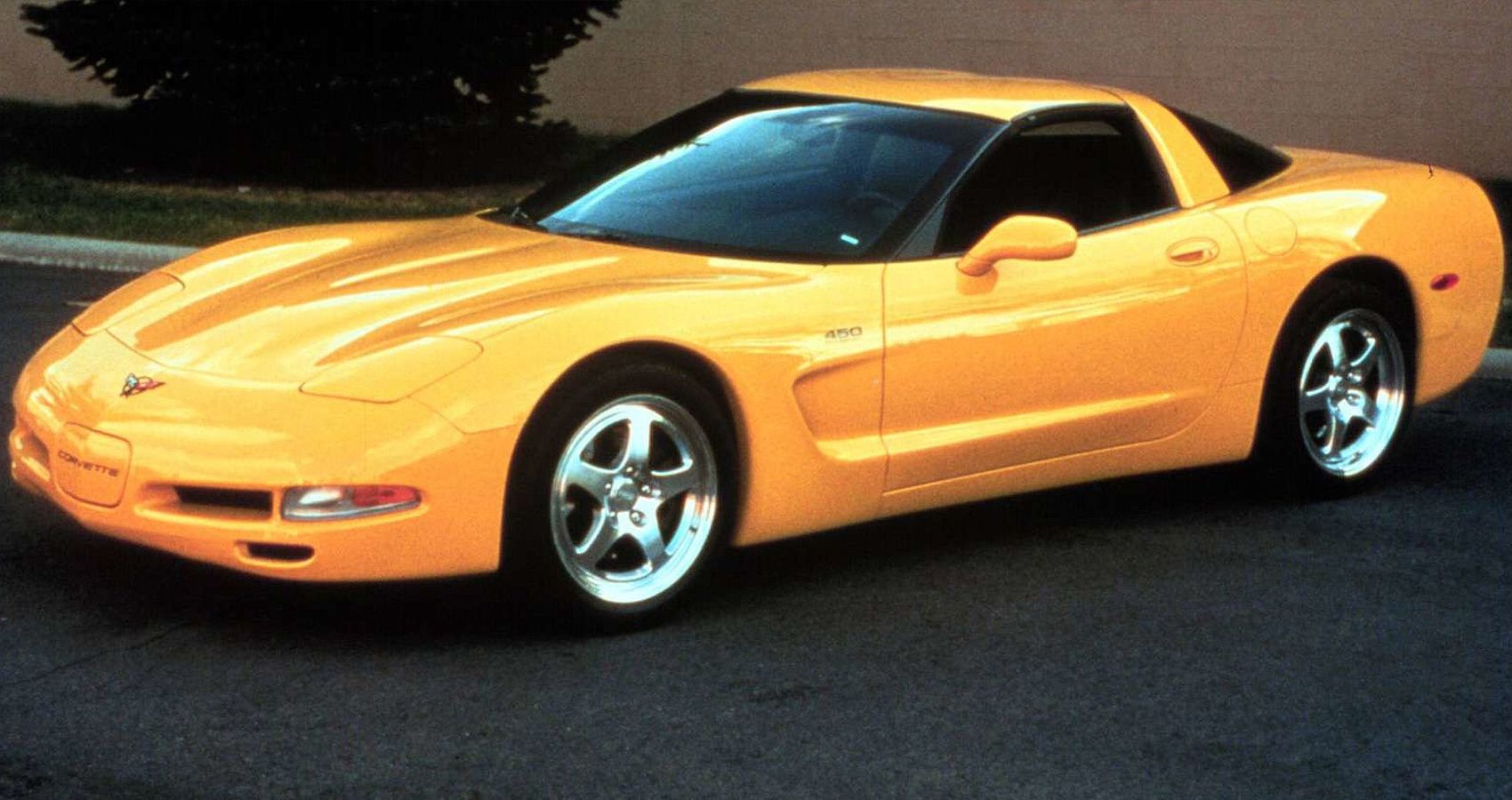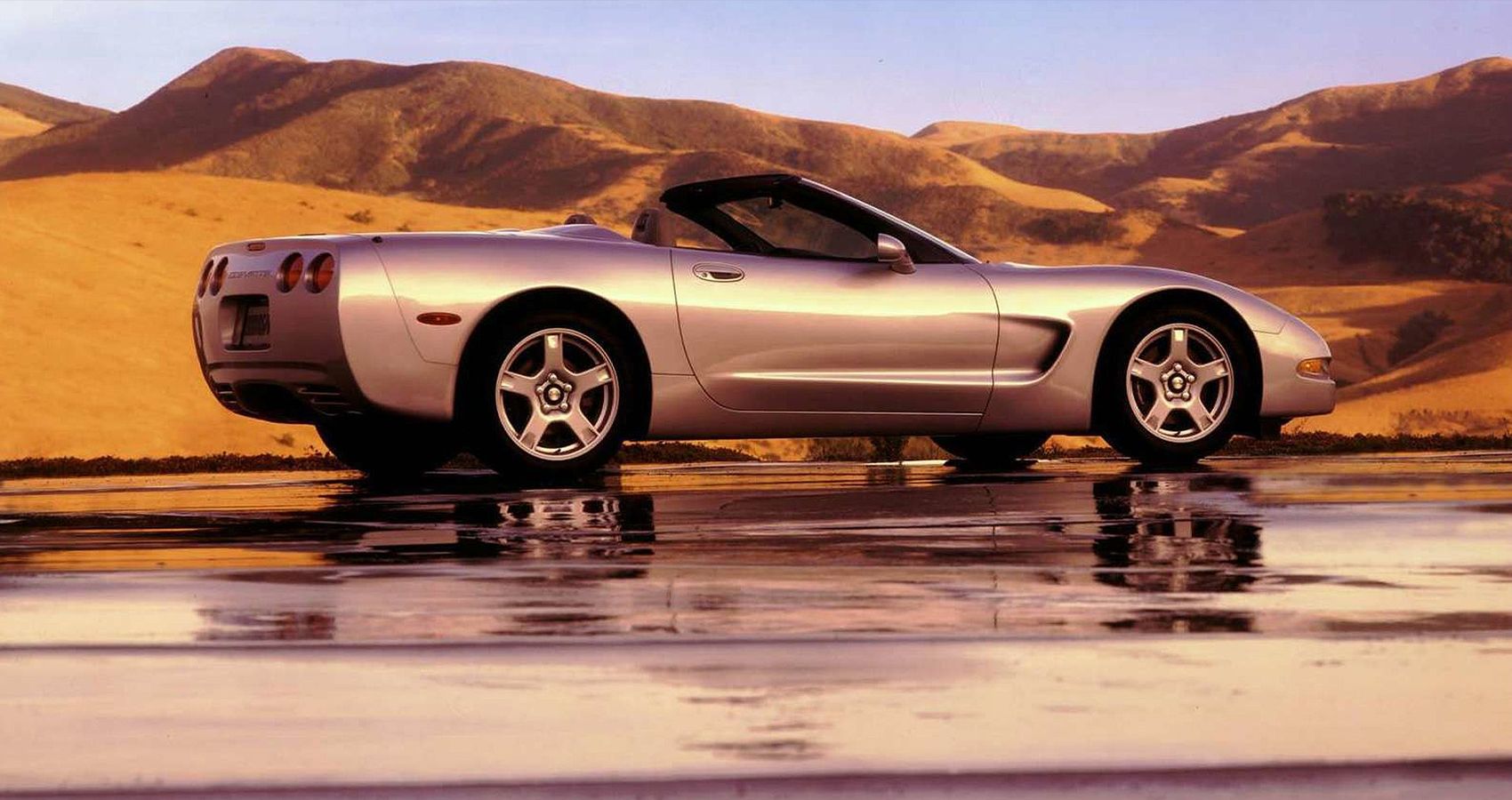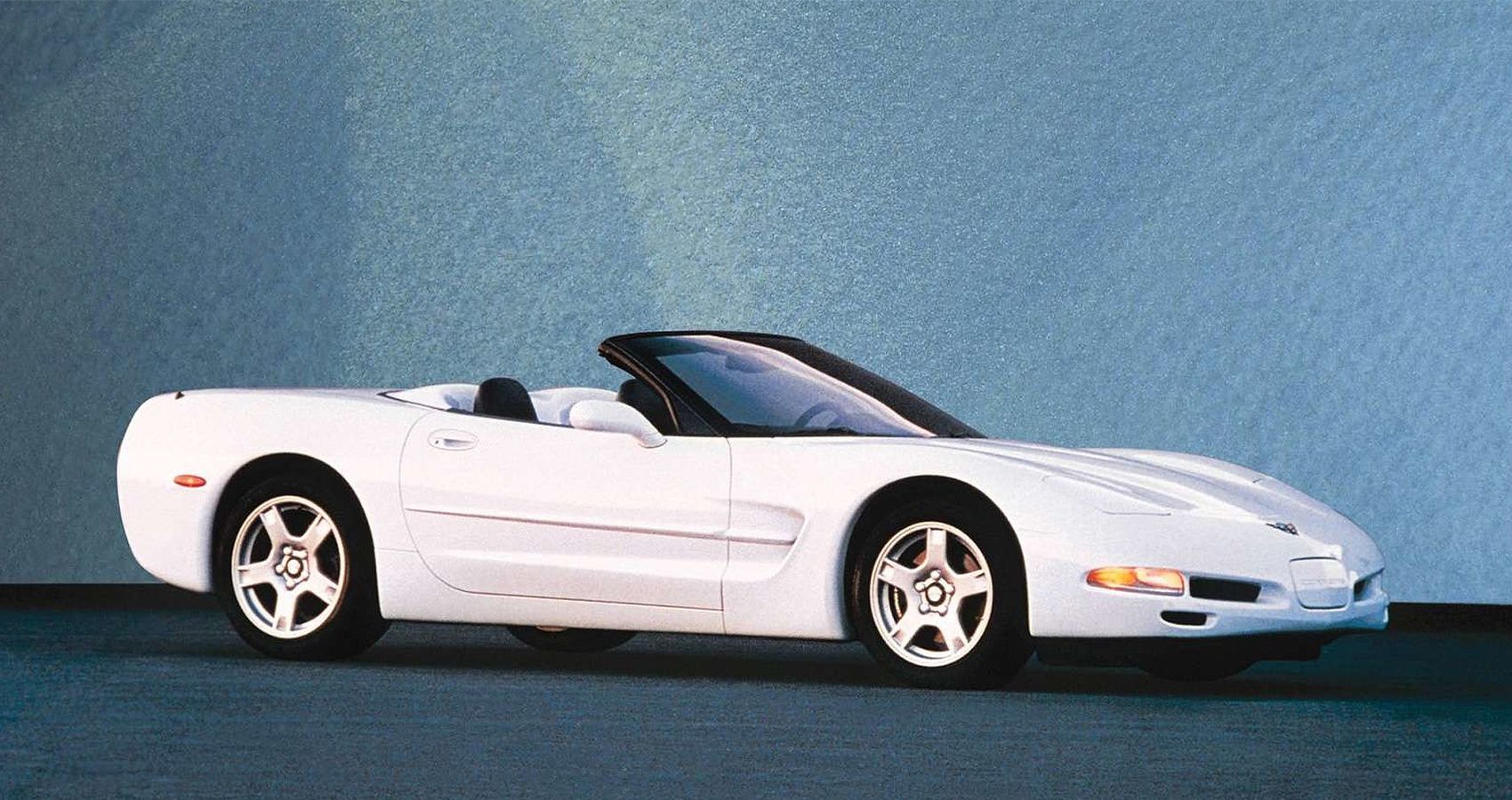If there were one name among the street-legal performance cars that could rightfully be called the icon of American exceptionalism, it would definitely be the Chevrolet Corvette. Introduced about seven decades ago, the Corvette quickly earned a reputation for its mind-boggling power output and fierce handling.
Earlier C2 and C3 generations of the Corvette were, and still are, extremely popular among car enthusiasts. In fact, the 1979 C3 model is the best-selling Chevrolet Corvette of all time. In spite of that, the C5 generation (1997-2004) is also a great option that captures the classical Spirit of the ‘Vette and presents it with a more up-to-date design language.
Like any other vehicle, The Chevy Corvette had its fair share of problems and headaches throughout the years. The C5 generation, in particular, had some alarming issues in the first couple of model years that you must consider if you’re looking for a Corvette on a used market.
The 1998 Corvette Has The Highest Number Of Owner Complaints On NHTSA
With over 400 registered owner complaints on the National Highway Traffic Safety Administration (NHTSA) website, the ’98 Corvette is the most problematic model year of the car’s C5 generation.
Over half of these complaints pertain to problems with the Corvette’s power steering. According to these reports, owners experienced the steering wheel seizing at various speeds, resulting in extremely hazardous situations. Although there was a recall for this, many owners complained about not having their VIN ousted for a remedy. Owners have quoted spending around $600 out of their own pockets to get the steering fixed.
Another frequently reported issue with the 1998 model is the engine shutting off intermittently while the vehicle is in motion. Based on what people have documented, there isn’t any particular speed that correlates with this problem. Owners have quoted various situations, from backing out of the garage to driving on a freeway, leading to engine stalls and loss of motive power.
Several owners have complained about the parking brake not working correctly in their 1998 Chevy Corvette, leading to rollaway situations. “Parking brake was fully engaged. I got out of the car, brake let go, the car rolled backward into the neighbor's chain link fence. I was injured as the car hit me, almost running me over.” Quoted one owner in their report posted on NHTSA.
Chevrolet Recalled The 1998 Model Four Times
Chevrolet had to recall the 1998 model four times due to problems with exterior lights, seat belts, and the electronic column lock system.
In 2009, the manufacturer recalled certain vehicles equipped with aftermarket corner and bumper lamp assemblies for showing a decrease in lighting. Since a reduction in visibility is a safety hazard, Chevrolet had no other option but to provide remedies free of charge.
Another minor recall concerned the lap belt webbing. Chevrolet acknowledged that the seat belt could be unusable when the belt webbing became jammed in the retractor.
However, the biggest recall was about malfunctioning electronic column lock (ECL) systems. The ECL is responsible for unlocking the steering when the key is in the ignition. Moreover, in case of a defect with the steering, it shuts off engine power entirely so that the vehicle wouldn’t accelerate without any steering power. On different occasions, the 1998 Corvette’s ECL system could fail to do either of those and put occupants at risk.
As mentioned, many owners were frustrated at how the company handled this factory defect. This led NHTSA to open three investigations to tackle this issue further.
It is worth mentioning that the 1997 model has an even worse record in terms of recalls. The ’97 Corvette was recalled seven times due to the same issues as the ’98 model, plus problems with the tie rod assembly and fuel leakage from a torn seal that could result in a fire.
Opt For 2002-2004 C5 Corvettes For Better Reliability And Longevity
If you’re in the market for a C5 Chevy Corvette, it will be a safer bet to avoid the earlier editions, especially the 1998 model year. Numerous owner complaints and poor recall management from Chevrolet make the ’98 model the least reliable C5 Corvette.
Chevrolet made a lot of improvements with the 2001 Corvette. However, we also recommend skipping that model year since several owners had problems with oil leakage.
C5 Corvettes from 2002 to 2004 are significantly more reliable and have fewer headaches and problems. What’s more, it is easier to find newer models in mint condition on the used market.
All in all, make sure to consult with a trusted mechanic before finalizing your purchase. After all, when it comes to old performance-oriented cars, it is mainly about the condition it currently has.




